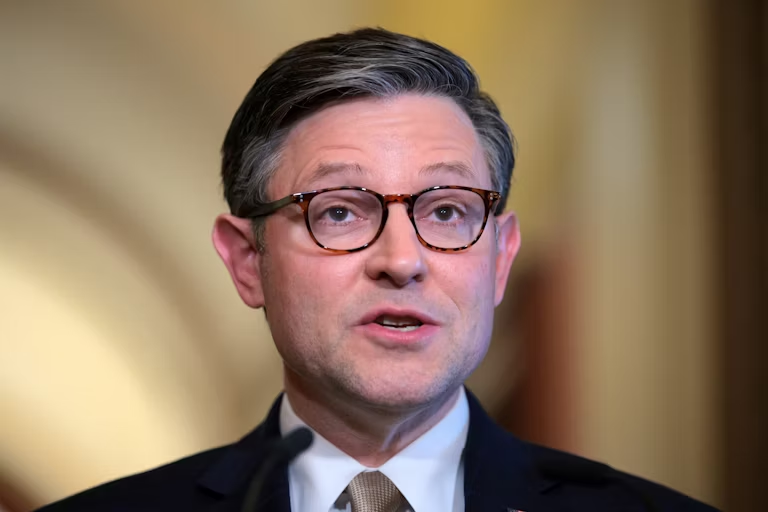Germany Secures €1 Trillion in Virtually Free Funding, Urged to Spend Wisely

Germany has unlocked an unprecedented €1 trillion ($1.1 trillion) in additional funding at virtually no extra cost, following a positive response from bond markets to its historic spending bill. Deutsche Bank AG Chairman Alexander Wynaendts emphasized the importance of using these funds effectively to ensure long-term economic stability.
Speaking at a panel discussion organized by the Institute of International Finance on Thursday, Wynaendts stressed the need for structural reforms, including regulation reduction, tax reform, and labor law changes, to maximize the impact of the massive investment. “The market has very clearly endorsed the spending package,” he noted. “You could even say we got a trillion euros at no additional cost.”
Germany’s decision to shift towards debt-financed spending marks a significant departure from its long-standing fiscal conservatism. The newly approved measures will channel funds into defense, infrastructure, and economic revitalization, aiming to modernize the country and strengthen Europe’s largest economy. The move was necessitated in part by security concerns following former U.S. President Donald Trump’s rollback of commitments to European defense.
Financial markets have responded favorably to the government’s fiscal shift, with Bloomberg economists predicting that the increased spending will bolster growth across the eurozone. Analysts believe that Germany’s willingness to embrace deficit spending will not only benefit its domestic economy but also provide a much-needed boost to broader European economic stability.
Despite the optimism, experts caution that merely securing funds is not enough. Wynaendts highlighted the urgency of implementing structural reforms to ensure the money is utilized efficiently. “We don’t have the time to squander this,” he warned, calling for decisive action to modernize economic policies and remove bureaucratic obstacles.
With the market’s confidence in Germany’s fiscal direction, policymakers now face the challenge of ensuring that the country’s newfound financial flexibility translates into sustained economic growth and resilience. As Berlin embarks on this new era of deficit spending, all eyes will be on how effectively it navigates the opportunities and challenges.




